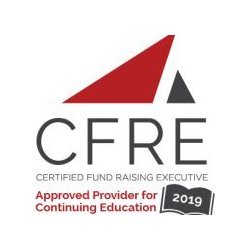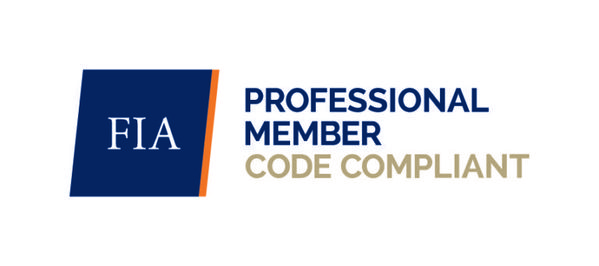For many donors who hold great wealth, they sometimes want to do more than just give. In fact, they want to shape directly rather than just support a charitable cause. This term is often called, “hyperagency.”
In most cases, that is fine. In fact, it is very welcomed. Paul Shervish, Director of the Center on Wealth and Philanthropy at Boston College, noted that hyperagency is “a distinctive characteristic of ma jor giving because such donors are capable of establishing the institutional framework in which they and others live.” They want to produce rather than support.
jor giving because such donors are capable of establishing the institutional framework in which they and others live.” They want to produce rather than support.
Not often, but in some cases, the donor upon giving an enormous gift expects the organisation to do what he or she wishes, changing the whole agenda of the organisation. They want to determine what happens and when programmatically.
To me, this can become dangerous territory. For you see, just because someone has extensive wealth and wants to give it us, does not mean that we have to entertain “mission creep.” Our organisations have been founded to serve a community through a particular mission. It is the obligation of the organisation and its Board of Directors to ensure the organisation’s programs, and mission continues to be relevant to the community that it serves.
We often see “mission drift” in cases where organisations “chase” foundation funding just because it is available and whether or not it meets the orgazation’s mission. As a result, programs develop that are not mission consistent, and the organisation begins to take on areas that they do not have a specialty.
A case in point, in 1907, a $3 million bequest left to Swarthmore College met this description: It was made conditional on the school ceasing all participation in intercollegiate sports. (Though tempted by the much-needed funds, Swarthmore turned the gift down.)
So, are you tempted to keep the gift or would you turn it down?
Well, if the gift is going to subject your organisation to terms it couldn’t possibly meet or that are not consistent with the core mission, then yes, I say it needs to be turned down. Turning down a gift is a rather difficult decision. But, you must realize that you are bound to the donors’ wishes once you accept it. If you can’t abide by the terms whether impractical, unethical, or for other reasons, then you just need to say “no!”
The dilemma mentioned above points to the importance of having a Gift Acceptance Policy in place. Yes, I know these policies are so mundane, and I know you don’t have the time to create them, but, when you start seeking major gifts, you just may come across a situation like this. Even the smallest organisations have found themselves with donors wishing to make contributions that have binding strings attached. And, when you are small, it becomes especially difficult to say no to a massive infusion of cash.
This situation is more of an ethical and moral question. But surely, the ethics involved in fundraising must be a topic that your organisation discusses at a strategic level (meaning Board), and Gift Acceptance Policies provide a basis for that discussion.
So, you don’t always have to say “yes” to a donor who loves you too much. In fact, sometimes, it is best to say no, if it means you won’t hold true to your core mission and the community that you are bound to serve.
What is your take on this ethical dilemma?



 The Baby Boomers will soon be facing retirement, old age, and eventually death. And, Baby Boomers will have more wealth to leave behind – significantly more than previous generations.
The Baby Boomers will soon be facing retirement, old age, and eventually death. And, Baby Boomers will have more wealth to leave behind – significantly more than previous generations.

 determine whether or not the prospects spouse or partner should be a part of this meeting. Note to self, restaurants are not usually places where you want this all to go down. The awkward question regarding coffee and dessert has ruined many a solicitation.
determine whether or not the prospects spouse or partner should be a part of this meeting. Note to self, restaurants are not usually places where you want this all to go down. The awkward question regarding coffee and dessert has ruined many a solicitation.







